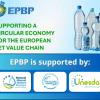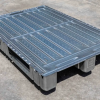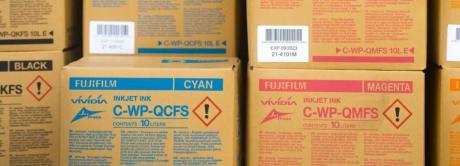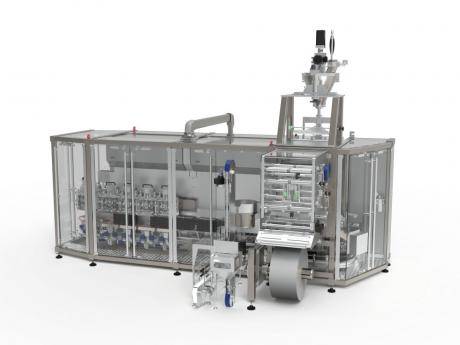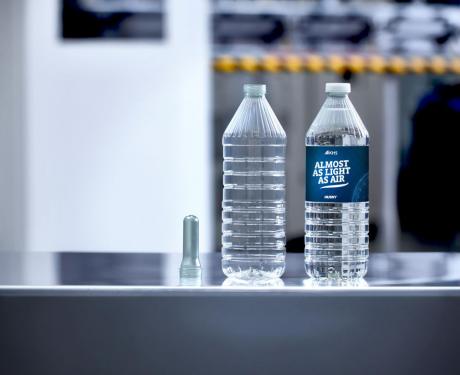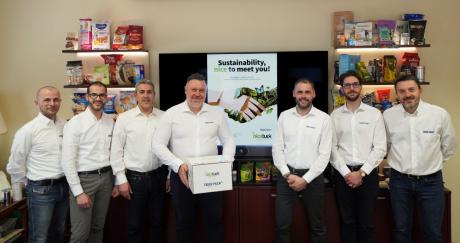At Achema 2024, the international trade fair for the process industry, which takes place in Frankfurt from 10 to 14 June, Steriline, a manufacturer of aseptic processing lines for injectable drugs, will be focusing on its 'zero waste' philosophy to meet the environmental sustainability needs of the pharmaceutical industry.
The global pharmaceutical packaging market is expected to grow by more than 8% and the pharmaceutical packaging machinery market by 7.5% per year until 2028. At the same time, the rising costs of filling, packaging and labelling pharmaceuticals, combined with rising energy costs, could lead to a decline in revenues for pharmaceutical companies, which are under constant pressure from fixed sales prices for pharmaceuticals (e.g. in the EU).
Technologies and solutions that help maximise profits are therefore being closely analysed by pharmaceutical manufacturers, with a focus on production flexibility, the use of robotics and sustainability, particularly in terms of recycling and reducing consumption and waste.
At the show, Steriline will present a robotic vial filler (RVFM5), equipped with 5 filling needles, which integrates robotics (allowing easy modification of production cycles and variation of containers and capacities) with the Zero Loss 2.0 philosophy, a methodology first developed five years ago and now improved to further save time and speed up production.
The Zero Loss 2.0 philosophy detects inaccuracies in the filling and capping process directly at the stations and reprocesses non-conforming parts if necessary. The filling station is equipped with high-precision load cells that measure the fill levels and, through sophisticated software based on the feedback received, the station controls the pump operation to ensure accurate filling (±0.5% or better, depending on the fill volume compared to the production requirement). In the capping station, the technology relies on pressure sensors that can distinguish a correctly performed capping operation from an incorrect one. Both controls potentially eliminate any waste due to incorrect filling or missing components.
"Innovation and sustainability are certainly among the challenges facing the pharmaceutical industry," said Federico Fumagalli, Chief Commercial Officer of Steriline. "Together, these issues lead to a winning combination: a lower impact on our planet (in terms of resources) combined with reduced production costs. The 'Zero Loss' philosophy, which we continue to improve through research in our laboratories, embraces this synergy and aims to minimise waste in favour of more efficient production".
The RVFM5 will also be equipped with new viable and non-viable particle monitoring technology provided by Particle Measuring Systems.
"Continuous microbial monitoring by active air sampling is achieved by using the BioCapt disposable impactor, which reduces the number of agar plates for air monitoring on filling lines such as Steriline by at least 50 per cent," said Frank Panofen, vice president and general manager of Particle Measuring Systems' Life Sciences Division.


